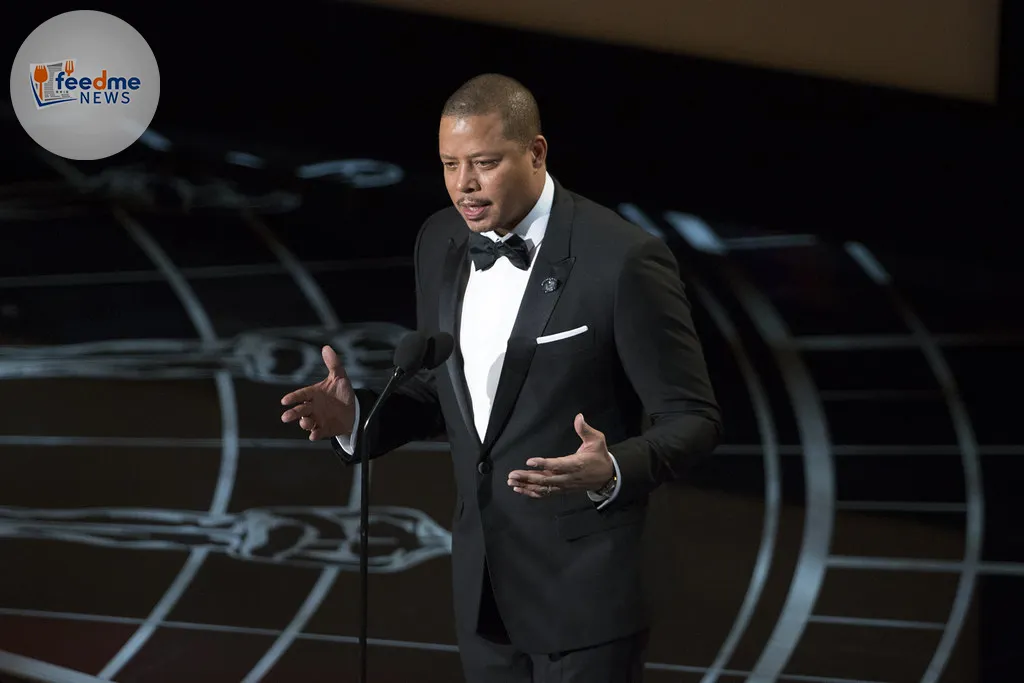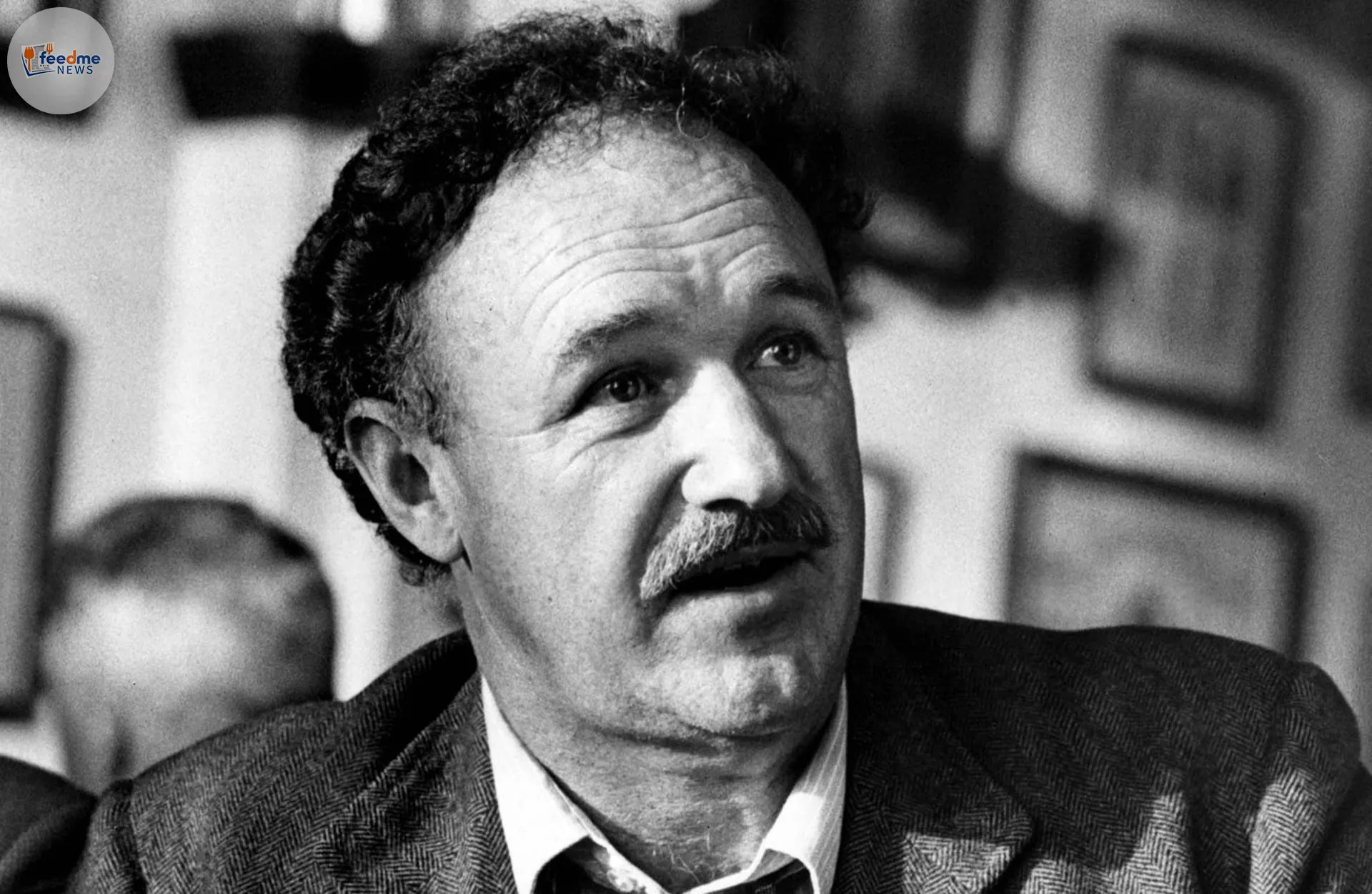Terrence Howard, the acclaimed actor known for his roles in films like “Hustle & Flow” and “Iron Man,” recently shared a surprising revelation about his career decisions. During an appearance on Bill Maher’s “Club Random” podcast, Howard discussed his decision to turn down a significant role in a biopic about legendary soul singer Marvin Gaye. The actor candidly explained that this decision was influenced by a particular scene requirement that made him uncomfortable. According to Howard, the role would have required him to kiss another man, a prospect he found so unappealing that he remarked, “I would cut my lips off.”
A Missed Opportunity in Hollywood
The offer to portray Marvin Gaye, a figure synonymous with musical genius and cultural influence, was a significant one in Howard’s career. The biopic promised to explore the life and legacy of Gaye, whose hits like “What’s Going On” and “Let’s Get It On” continue to resonate with audiences worldwide. Howard’s decision to pass on the role was not just a personal choice but also a professional one that, as he admitted, might have been the “biggest mistake” of his career.
The timing of this revelation adds an intriguing layer to Howard’s career narrative. The actor, who has been a prominent figure in Hollywood since the late 1990s, has often been selective about his roles. This decision, however, highlights the complex interplay between personal values and professional opportunities in the entertainment industry.

The Role That Wasn’t: Insights from the Industry
Industry insiders have long speculated about the challenges of casting for biopics, especially those involving iconic figures like Marvin Gaye. These roles often demand not only a physical resemblance but also the ability to capture the essence of the individual portrayed. The requirement for actors to perform intimate scenes, regardless of their personal comfort levels, is a common hurdle.
In the podcast, Howard’s commentary sheds light on the personal boundaries actors may set, even when faced with potentially career-defining roles. While some might see his decision as a missed opportunity, others may view it as a testament to his commitment to personal values.
The Broader Implications for Diversity in Film
Howard’s decision also sparks a broader discussion about the representation of LGBTQ+ themes in Hollywood. The entertainment industry has made strides in recent years toward more inclusive storytelling. However, actors’ willingness to engage with diverse narratives remains a topic of debate.
Experts argue that the reluctance of some actors to participate in roles involving same-sex relationships can limit the authenticity and diversity of stories portrayed on screen. This issue not only impacts individual projects but also reflects wider industry trends concerning representation and inclusivity.
Lessons from a Career in Film
Reflecting on his career, Howard’s candid admission highlights the often unseen pressures actors face in balancing personal beliefs with professional demands. His revelation serves as a reminder of the complex decisions actors must navigate in their careers, where the potential for success is often weighed against personal comfort and ethical considerations.
Despite passing on the Marvin Gaye biopic, Howard’s career remains impressive, with numerous accolades and a reputation for delivering powerful performances. His experience underscores the importance of staying true to one’s values, even in the face of lucrative opportunities.
Looking Ahead: The Future for Biopics and Representation
As the film industry continues to evolve, the challenges and opportunities surrounding biopics remain significant. The demand for authentic and diverse storytelling is on the rise, pushing filmmakers to consider not only the stories they tell but also how they tell them.
For actors like Terrence Howard, the decision to accept or decline a role can have lasting implications. Yet, it also offers a chance to shape the narratives that define their careers. As Hollywood moves toward greater inclusivity, the stories of iconic figures like Marvin Gaye will continue to inspire filmmakers and audiences alike.
In conclusion, Terrence Howard’s decision to decline the Marvin Gaye biopic role offers valuable insights into the complexities of acting choices and the ongoing dialogue about representation in film. As the industry progresses, these discussions will undoubtedly influence the future of storytelling in Hollywood.





